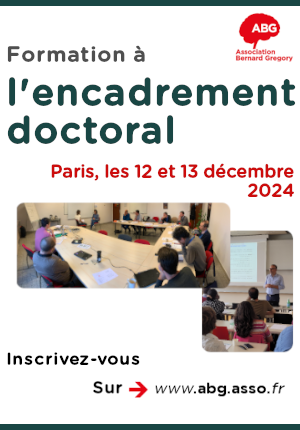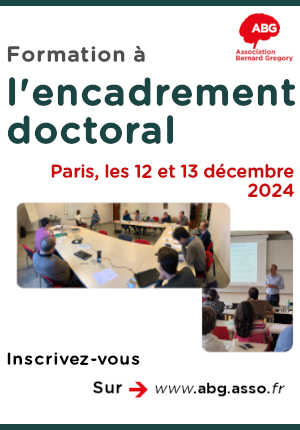Stored energy in plastically deformed metals
| ABG-126367 | Thesis topic | |
| 2024-10-21 | Public funding alone (i.e. government, region, European, international organization research grant) |
- Materials science
- Physics
- Engineering sciences
Topic description
Physical properties of metals and alloys are influenced by lattice defects present in the crystal, which generally are surrounded by an elastic strain field. Accurate determination of the corresponding strain energy is extremely important in practice since it serves as reference for checking the existing theories linking the microstructure to macroscopic physical properties. For example the stored energy is considered as the driving force for recrystallization, a very old, but still unsolved problem in materials science. The reason is the lack of a general theory/model that captures the complex microscopic processes acting during metal forming and heat treatment. For single-phase materials, the main mechanisms are plastic deformation, recovery, and finally the germination and growth of new grains. Many studies show that several factors contribute, to varying degrees, to recrystallization but, without exception, all emphasize the importance of the plasticity induced stored energy.
During this thesis we will study the recrystallization of a model Fe-3%Si alloy. The alloy will be first cold-rolled and then the deformed state characterized by electron microscopy (EBSD) and X-ray diffraction. The dislocation density and the stored energy will be determined from the data obtained with two methods. Finally, the comparison of the results obtained with the two techniques will be performed and the description of the heterogeneity of the plastic deformation will be obtained. The latter expresses the variation of the dislocation density as a function of grain crystallographic orientation. In the second part of the PhD in situ experiments will be performed at ESRF using the scanning 3DXRD method. This will allow determining the strain at the intragranular level.
Data evaluation will be performed with already existing scientific software, but basic knowledge of Python is necessary.
Funding category
Funding further details
Presentation of host institution and host laboratory
École Nationale Supérieure des Mines de Saint-Étienne is a graduate engineering school and research institute aka « Grande École d’Ingénieurs » founded in 1816. Our range of career-focused diplomas will open doors to some of the best careers in the field of engineering and enable you to build your own international network.
PhD title
Country where you obtained your PhD
Institution awarding doctoral degree
Graduate school
Candidate's profile
The candidate should have a good background in materials science or physics
The knowledge of Python programming language is necessary
Vous avez déjà un compte ?
Nouvel utilisateur ?
Get ABG’s monthly newsletters including news, job offers, grants & fellowships and a selection of relevant events…
Discover our members
 Nokia Bell Labs France
Nokia Bell Labs France  SUEZ
SUEZ  ADEME
ADEME  Généthon
Généthon  ONERA - The French Aerospace Lab
ONERA - The French Aerospace Lab  Aérocentre, Pôle d'excellence régional
Aérocentre, Pôle d'excellence régional  MabDesign
MabDesign  CASDEN
CASDEN  Institut de Radioprotection et de Sureté Nucléaire - IRSN - Siège
Institut de Radioprotection et de Sureté Nucléaire - IRSN - Siège  Groupe AFNOR - Association française de normalisation
Groupe AFNOR - Association française de normalisation  CESI
CESI  TotalEnergies
TotalEnergies  MabDesign
MabDesign  Tecknowmetrix
Tecknowmetrix  Institut Sup'biotech de Paris
Institut Sup'biotech de Paris  PhDOOC
PhDOOC  Ifremer
Ifremer  ANRT
ANRT  Laboratoire National de Métrologie et d'Essais - LNE
Laboratoire National de Métrologie et d'Essais - LNE
-
JobFixed-termRef. ABG126397University of CambridgeCambridge - United Kingdom
Postdoctoral Research Associate position in binder display platform development
BiochemistryConfirmed -
JobPermanentRef. ABG125911LVMH Gaïa- Ile-de-France - France

Ingénieur Recherche Nouvelles matières maroquinières (F/H)
Materials scienceJunior




